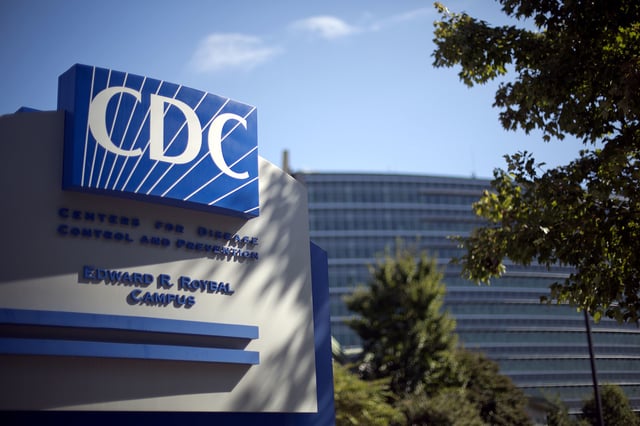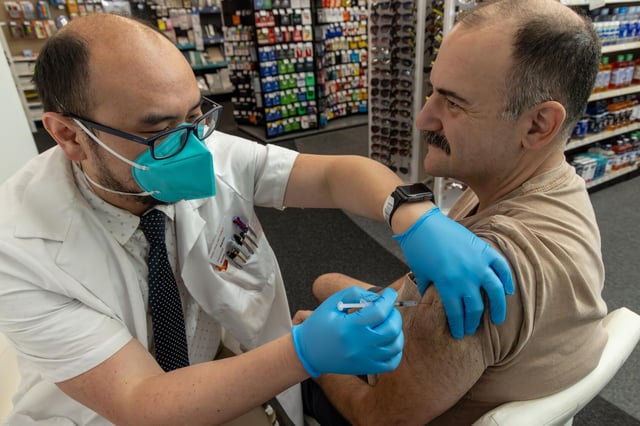Overview
- On May 29, the CDC revised its immunization schedules to change COVID-19 shots for healthy children aged six months and older and pregnant women from a firm recommendation to a permissive “may receive” status.
- Health Secretary Robert F. Kennedy Jr.’s May 27 announcement bypassed the CDC’s Advisory Committee on Immunization Practices ahead of its scheduled June review.
- By framing vaccination as a shared clinical decision and keeping it covered with no cost-sharing, the CDC aims to retain access even as similar language has been linked to lower inoculation rates.
- Professional groups including the American College of Obstetricians and Gynecologists and the American Academy of Pediatrics have criticized the move as lacking scientific support and exposing vulnerable populations to greater risk.
- Some CDC web pages still broadly recommend shots for pregnant women, contributing to mixed messages that have unsettled physicians and parents.



